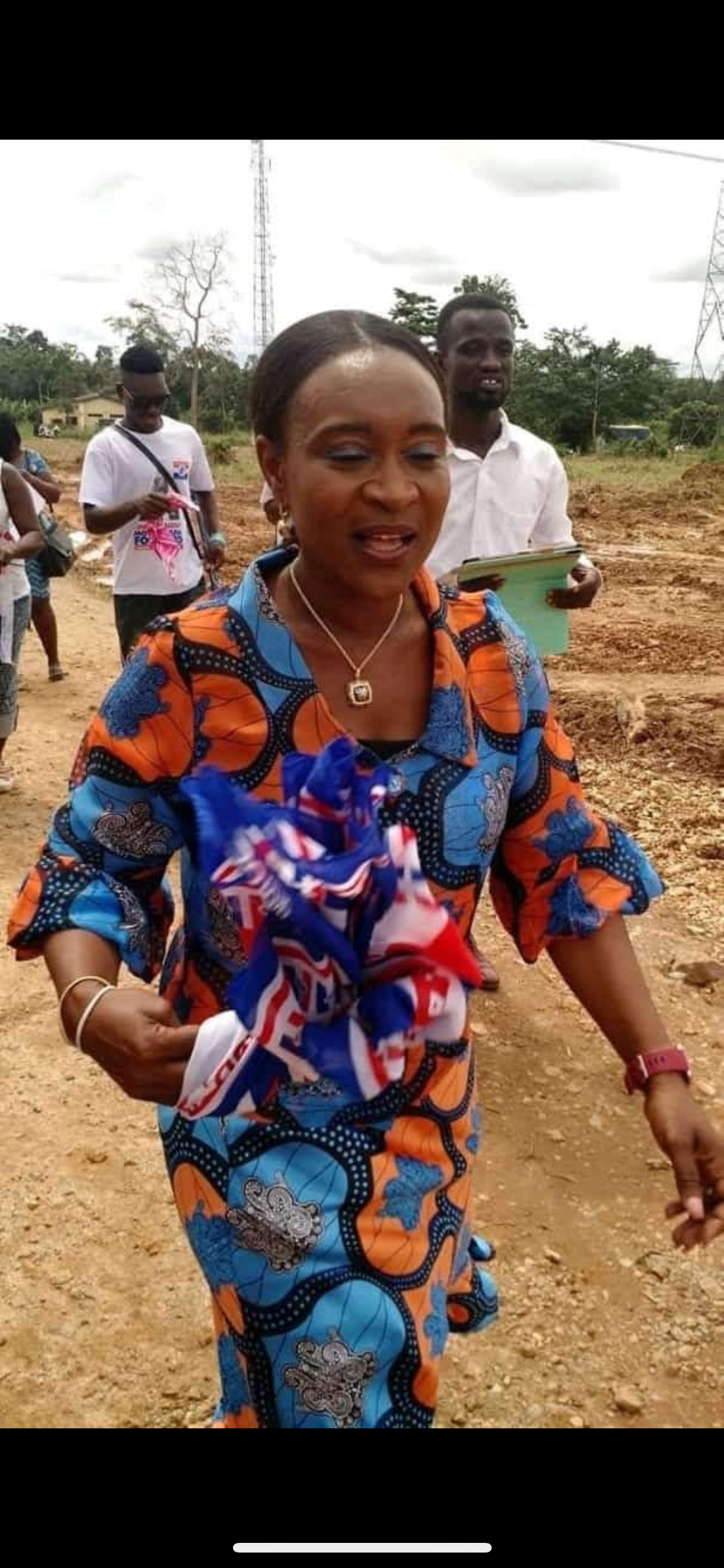When Oversight Turns Personal: Hon. Abena Osei-Asare’s PAC Conduct Raises Questions on True Accountability
By Francis Appiah

Recent proceedings at the Public Accounts Committee (PAC) have stirred public debate, following what many observers describe as the unfortunate conduct of Hon. Abena Osei-Asare during her exchanges with the DVLA Boss.
The PAC plays a vital role in Ghana’s democracy
tasked with ensuring transparency and financial discipline in the use of public resources. Its work, therefore, demands professionalism, objectivity, and restraint. Unfortunately, when oversight turns personal, it risks losing the moral authority that makes it credible in the first place.
The exchanges between Hon. Osei-Asare and the DVLA Boss have raised questions not just about tone, but about intent and consistency. Parliamentary oversight must never be an avenue for political showmanship or personal attacks; it must be a platform for national progress built on respect, facts, and fairness.
Many Ghanaians find it difficult to reconcile the sudden posture of patriotism displayed by Hon. Osei-Asare with the realities within her own constituency. Residents there continue to face poor road networks, inadequate water supply, and the damaging effects of illegal mining (galamsey). Leadership begins at home and true accountability starts with improving the lives of one’s constituents before seeking to lecture others on transparency.
It is also worth recalling that Hon. Osei-Asare previously served as Deputy Minister of Finance during one of Ghana’s most turbulent economic periods. Many still remember those years for economic instability, high inflation, and a depreciating cedi challenges that continue to affect ordinary citizens today.
Accountability, therefore, must be holistic, not selective. It requires self-reflection an honest assessment of one’s own record before pointing fingers at others. It calls for humility and consistency, values that strengthen public trust and lend credibility to our institutions.
When leaders demand accountability, they must also embody it. When they question others’ performance, they must equally open their own track record to public scrutiny. That is how we build trust and restore faith in governance.
Oversight is one of the most honorable duties in public service, but it loses meaning when driven by ego or political theater. The Public Accounts Committee is a sacred space for truth and responsibility not confrontation.
Ghana deserves leaders who speak for the people, act with integrity, and remember that accountability begins not in Parliament, but in the lives of those they represent.



Post Comment